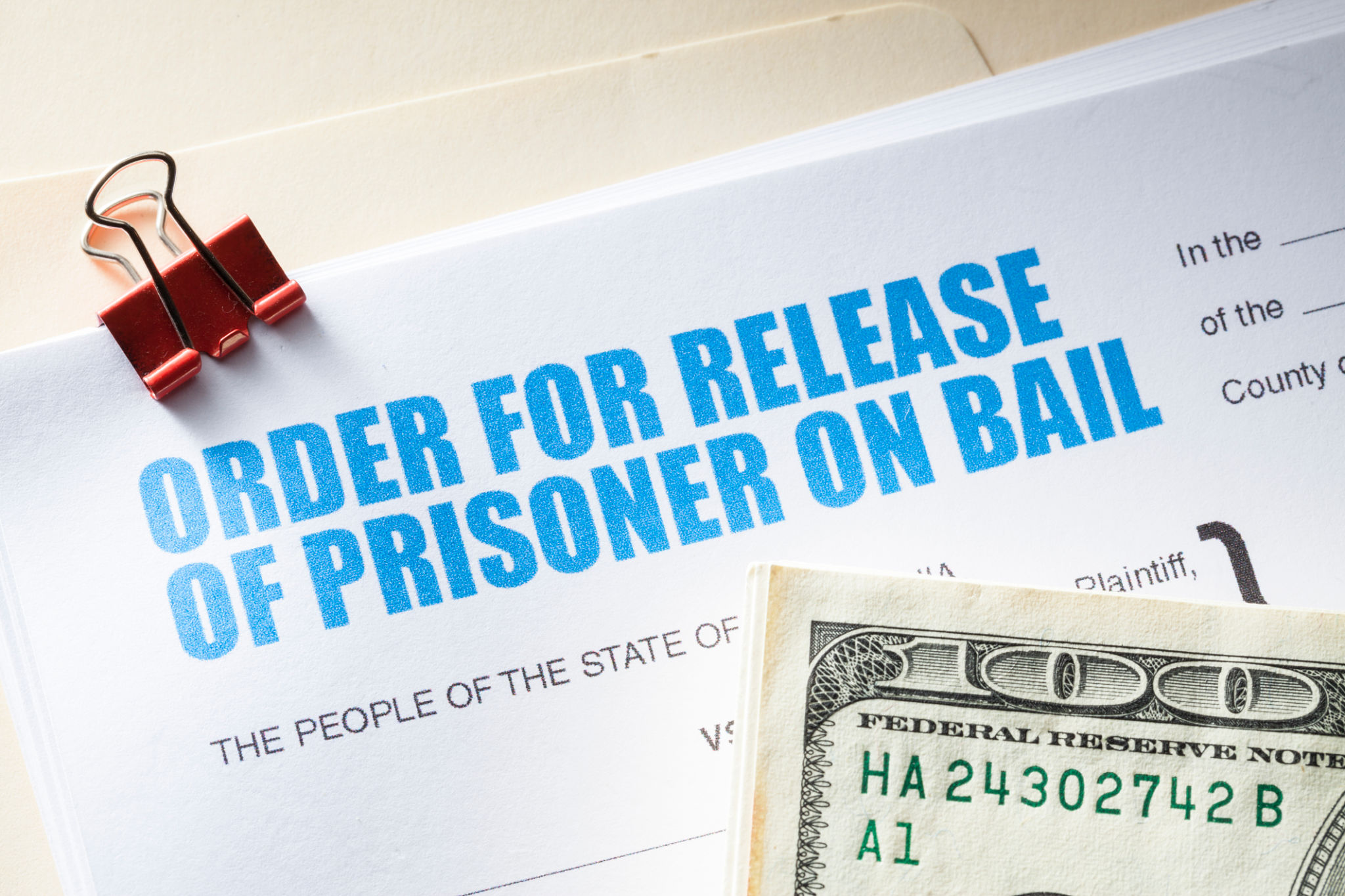The Role of Bail Bonds in the Charlotte Justice System
RW
Understanding Bail Bonds
The justice system can be a complex web of processes, especially when it comes to understanding the role of bail bonds. In Charlotte, as in many parts of the United States, bail bonds play a crucial role in ensuring that individuals accused of crimes can continue their lives while awaiting trial. This financial arrangement helps maintain the balance between the presumption of innocence and the need to ensure court appearances.
Bail bonds function as a form of insurance. When a person is arrested, they may be required to post bail, a set amount of money, to be released from custody until their court date. If the individual cannot afford the total bail amount, they can seek the services of a bail bondsman, who will post the bail on their behalf in exchange for a fee.

The Process of Securing a Bail Bond
Securing a bail bond in Charlotte involves several steps. First, the defendant or their representative contacts a bail bondsman. The bondsman will evaluate the situation and typically charge a non-refundable fee, usually around 10% of the total bail amount set by the court. This fee is how bail bond agents earn their income and cover potential risks.
Once the fee is paid, the bail bondsman provides the court with the full bail amount as a guarantee that the defendant will appear for all scheduled court dates. If the defendant fails to appear, the bondsman may hire a bounty hunter to locate and return the defendant to custody. This ensures compliance with court orders and protects the bondsman's financial interests.

The Benefits and Criticisms of Bail Bonds
Bail bonds offer several benefits to the Charlotte justice system. They provide a way for defendants to remain free while awaiting trial, allowing them to continue working, supporting their families, and preparing their defense. This not only benefits the individual but also reduces overcrowding in jails, which can be costly for taxpayers.
However, the system is not without its criticisms. Some argue that it disproportionately affects low-income individuals who may struggle to pay even the bondsman’s fee. This has led to calls for reforms that would make pretrial release more equitable and accessible for all individuals, regardless of their financial status.

Alternatives to Traditional Bail Bonds
In response to these criticisms, some jurisdictions have begun exploring alternatives to traditional bail bonds. These alternatives include pretrial services programs that assess a defendant's risk and provide supervision instead of requiring monetary bail. Additionally, some courts are implementing risk assessment tools to determine whether a defendant can be safely released without financial conditions.
These alternatives aim to create a more just system by focusing on public safety rather than financial capability. They also help alleviate some of the financial burdens associated with traditional bail systems and strive to ensure that pretrial detention is used only when absolutely necessary.
The Future of Bail Bonds in Charlotte
The future of bail bonds in Charlotte may see significant changes as discussions around justice reform continue to evolve. While the traditional bail bond system remains an integral part of the judicial process, increasing attention is being paid to how it can be improved or supplemented with more equitable solutions.
Community stakeholders, including legal experts, policymakers, and advocacy groups, are working together to explore innovative approaches that could transform pretrial practices. The goal is to ensure that justice is served fairly and efficiently while maintaining public safety and respecting individual rights.
